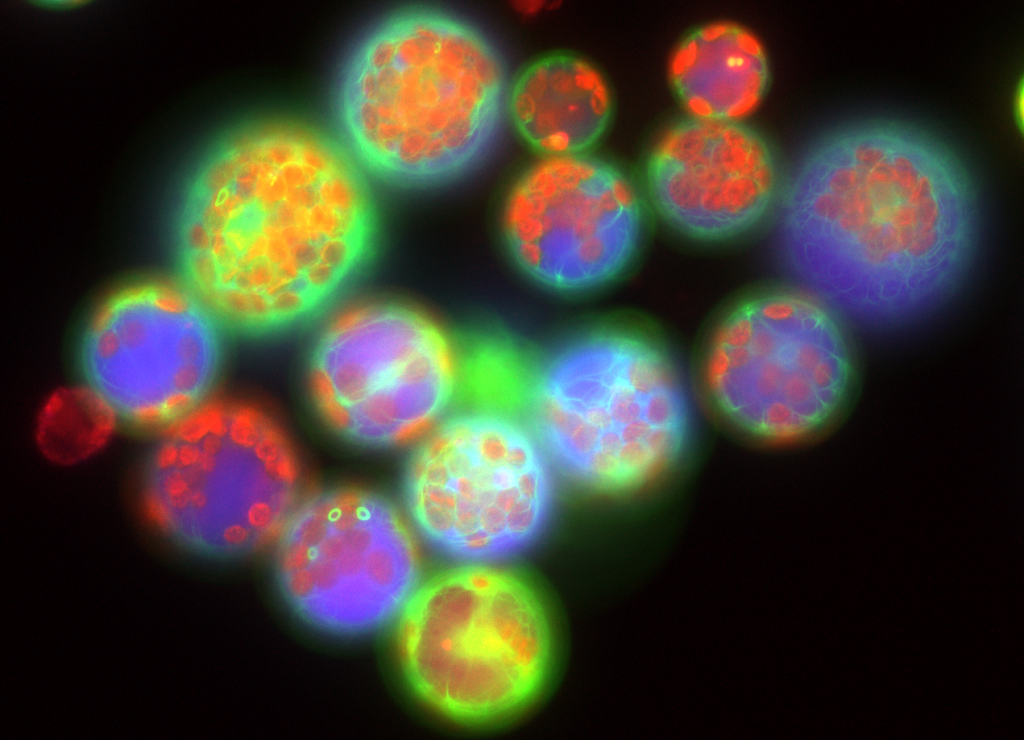- Application opens on September 3, 2025 for Fall 2026 admissions. You may simultaneously apply to other programs in the School of Computer Science, including related Ph.D. program in Computational Biology and M.S. Program in Computational Biology.

 The Master of Science in Automated Science: Biological Experimentation program uses the School of Computer Science online application for admissions. For more on the application process, please refer to the SCS Online Graduate Application Instructions.
The Master of Science in Automated Science: Biological Experimentation program uses the School of Computer Science online application for admissions. For more on the application process, please refer to the SCS Online Graduate Application Instructions.
Please note: Students are admitted for the fall semester and cannot begin in the spring.
PROGRAM PREREQUISITES
APPLICATION REQUIREMENTS
The following must be submitted to be considered:
Note: When submitting your application, you may be asked to enter the date you expect to take the GRE. If this happens, just enter any date in the future. This field is disregarded because GREs are not required for admission.